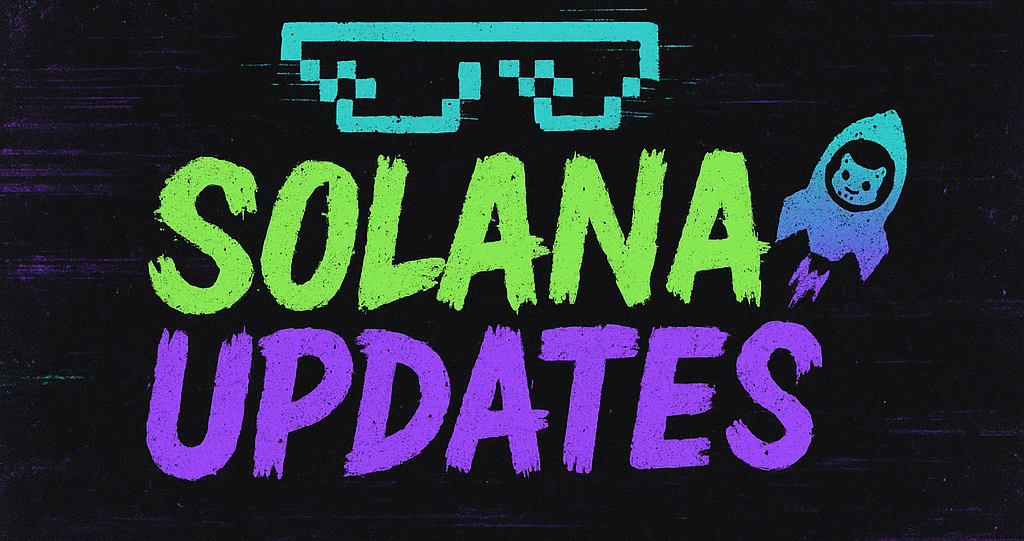In the latest twist in the intersection of politics and cryptocurrency, Eric Tung, nominated by former President Donald Trump for a position on the Ninth Circuit Court of Appeals, is stirring discussions with potential implications for the crypto industry. As noted by watchdog group Accountable.US, Tung’s appointment could signal a judicial tilt towards crypto deregulation, a topic that has generated significant debate among policymakers and market participants.
Eric Tung, a seasoned attorney with a background that includes both public service and private practice, has a record that some believe aligns with a deregulatory approach to digital assets. His nomination by Trump is seen by some as part of a broader strategy to influence the legal and regulatory framework governing cryptocurrencies and blockchain technologies.
A Legal Background with Crypto Implications
Tung’s professional journey offers insights into why his potential confirmation might worry regulatory advocates. Known for his conservative legal philosophies, Tung has previously expressed views that align with reducing the regulatory burdens on burgeoning industries, including tech and finance sectors that house crypto assets. His judicial philosophy could lead to decisions that favor market freedom over stringent regulatory oversight.
Those in favor of Tung’s nomination argue that his approach could foster innovation by allowing cryptocurrency markets to operate with fewer constraints. This could be particularly beneficial as the United States faces global competition to become a leader in blockchain technology and digital currency adoption. Proponents suggest that a deregulatory stance could enhance the competitive edge of American companies in the global crypto marketplace.
Concerns and Criticisms
Despite the potential benefits, critics are vocal about the risks of appointing a judge with such inclinations. Accountable.US has highlighted concerns that Tung’s confirmation could undermine efforts to impose necessary protections in the crypto sector, which has been plagued by instances of fraud, market manipulation, and cybersecurity threats.
“This nomination is not just about filling a seat on the bench; it’s about shaping the future of American financial markets,” a representative from Accountable.US stated. “If Eric Tung is confirmed, we might see a judicial environment that prioritizes deregulation over consumer protection and market integrity.”
The Broader Implications
The potential impact of Tung’s appointment extends beyond the crypto industry. As digital currencies become more integrated into the financial system, the legal precedents set by the Ninth Circuit could influence regulatory approaches nationwide. This could shape everything from how digital assets are classified to how they are taxed and traded.
Moreover, the nomination comes at a time when the U.S. is grappling with the need for a cohesive regulatory framework for cryptocurrencies. The landscape is currently marked by fragmented regulations, with various agencies offering differing guidance. Tung’s influence could push for a more streamlined, albeit less regulated, approach.
Conclusion
Eric Tung’s nomination is a pivotal moment for the crypto industry, reflecting the ongoing tug-of-war between innovation and regulation. As his confirmation process advances, stakeholders from all sides of the debate will be watching closely. The decision could set a precedent for how digital currencies are treated in the legal system, influencing both the domestic and international market dynamics.
As this story unfolds, it remains a quintessential example of how legal appointments can have profound implications far beyond the courtroom, extending into the realms of industry innovation and economic growth.
🛒 Recommended Product: Check out top-rated crypto gear on Amazon


